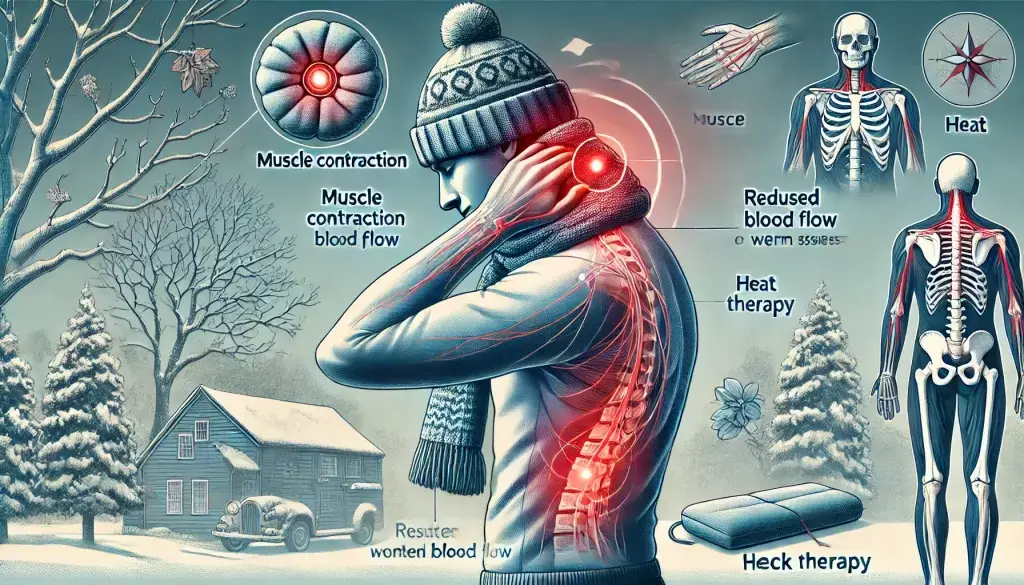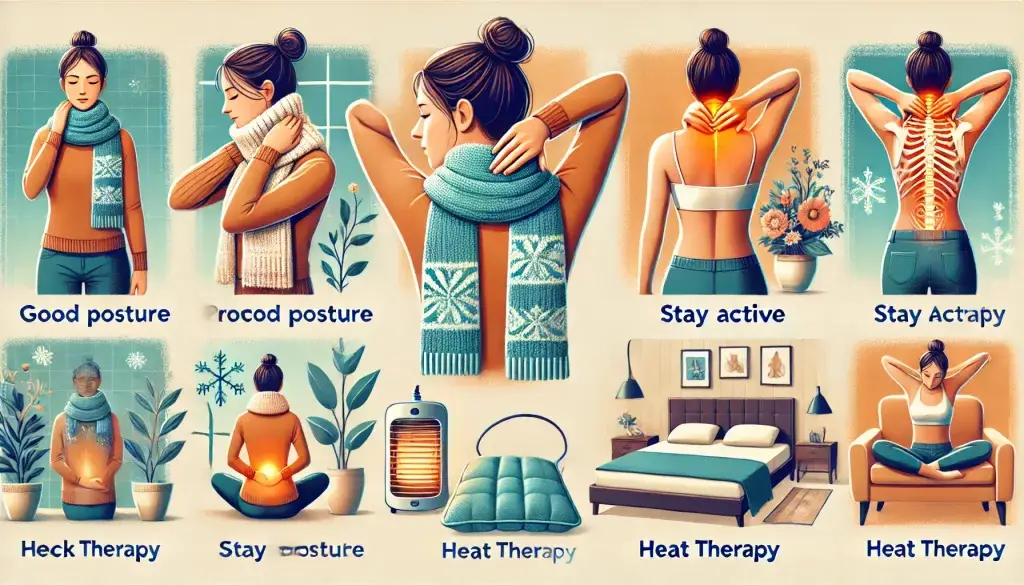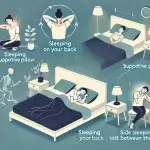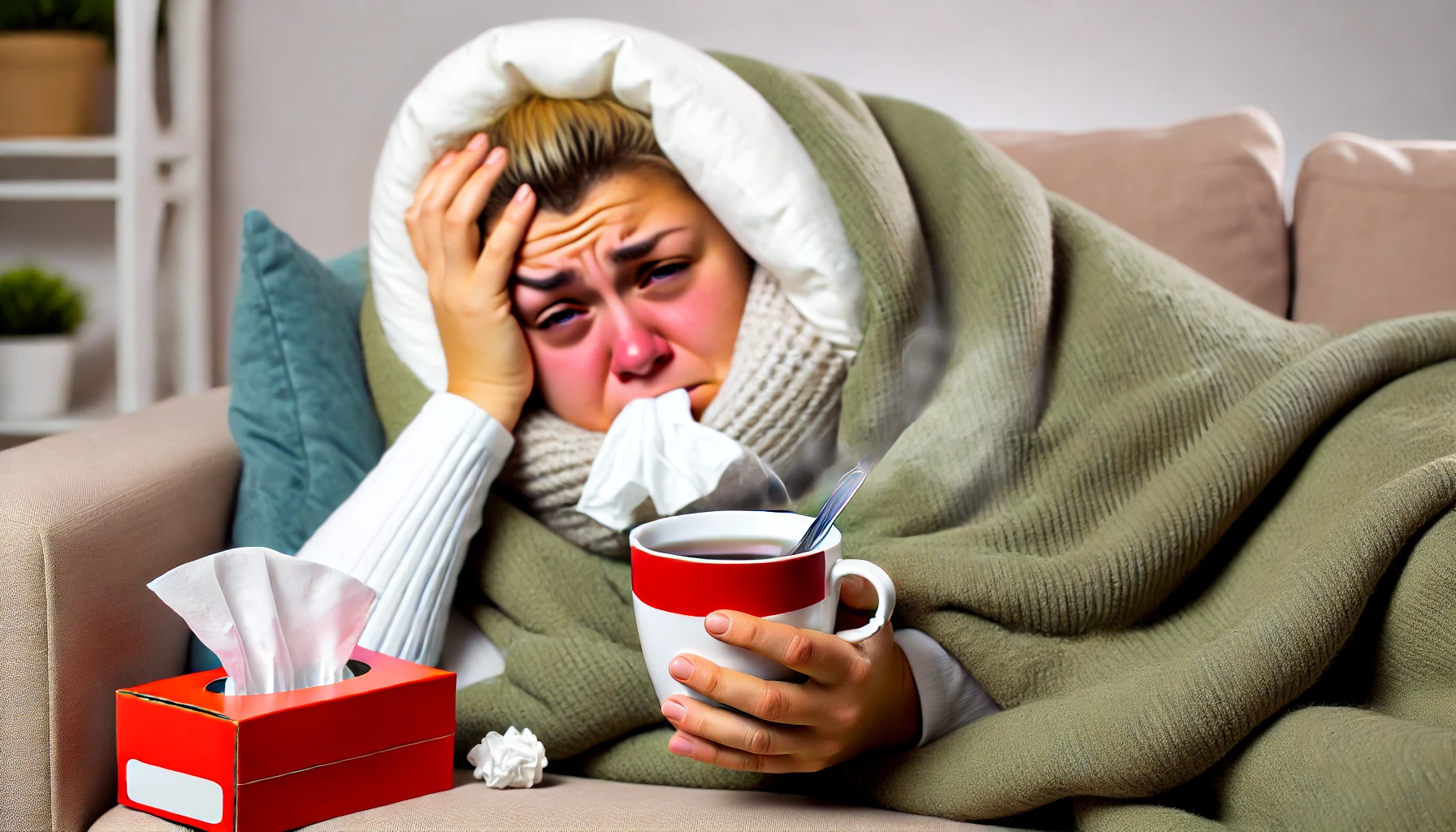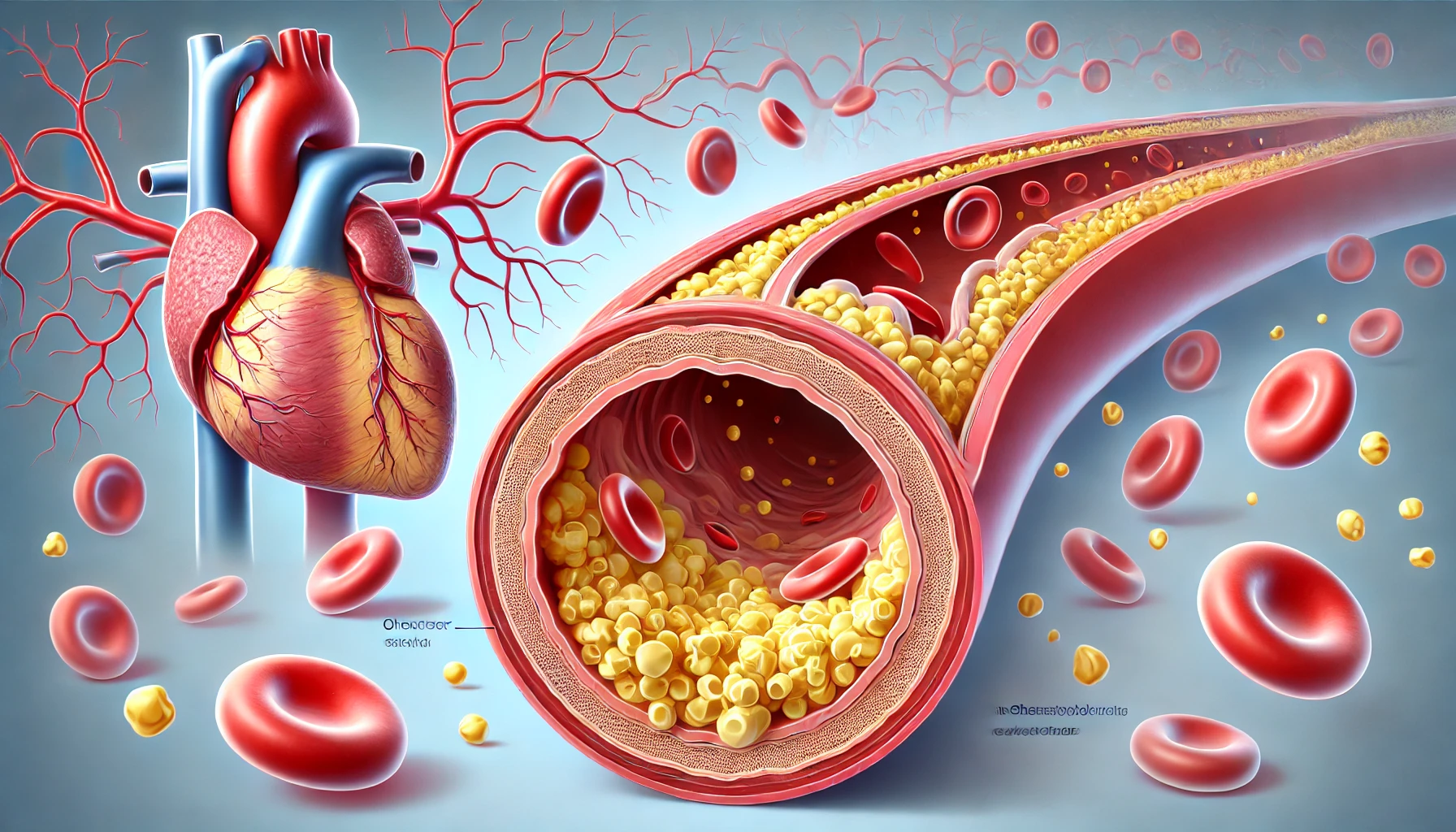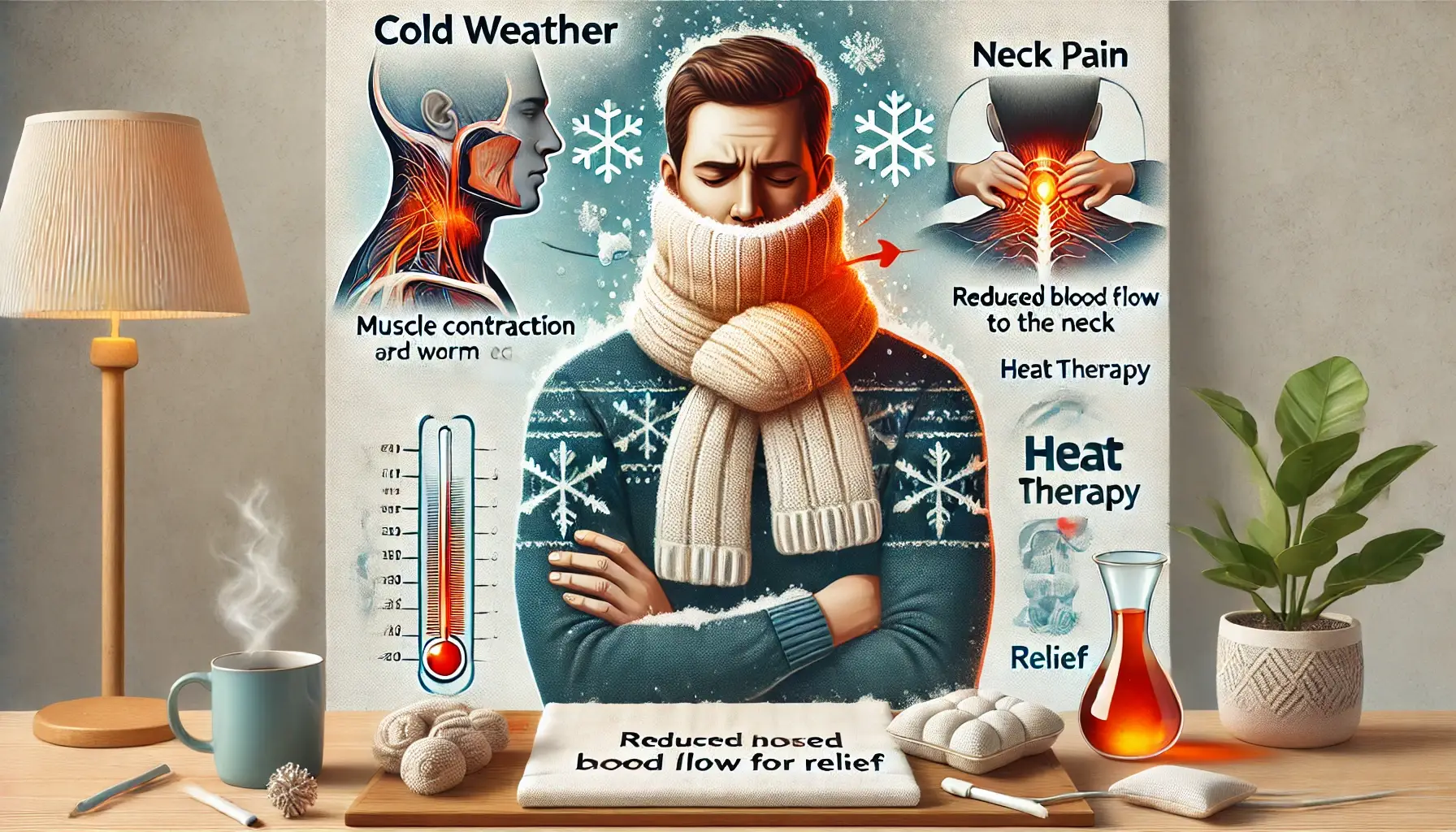
Important Points:
- Overview of why cold weather can lead to neck pain
- How temperature changes impact muscles and joints
- Tips for preventing neck pain during colder months
- Effective remedies for managing cold-related neck pain
Can Cold Weather Really Cause Neck Pain?
Neck pain can be influenced by a variety of factors, and cold weather is a common culprit. Many people notice stiffness, tension, or aching in their neck during colder months. This is due to a combination of temperature effects on muscles, changes in blood flow, and increased tension from shivering or hunching up for warmth. When the body is exposed to cold, muscles can contract and tighten, making them more susceptible to stiffness and pain.
Why Cold Weather May Lead to Neck Pain
- Muscle Tightening and Contraction
- How Cold Affects Muscles: Cold temperatures cause muscles to contract, which can increase stiffness and tension, especially in exposed areas like the neck and shoulders.
- Resulting Pain: When muscles contract, they can put strain on nearby joints and nerves, potentially leading to discomfort or even spasms. This muscle tension can cause stiffness that limits mobility and leads to neck pain.
- Reduced Blood Flow to Muscles
- How It Happens: Cold weather can cause blood vessels to constrict, reducing blood flow to muscles and joints. Less blood flow means that muscles may not receive enough oxygen and nutrients to stay flexible.
- Resulting Pain: Reduced circulation can make muscles feel tight and fatigued, causing discomfort, especially in areas that are already sensitive, like the neck and shoulders.
- Tension from Poor Posture in Cold Weather
- How It Happens: When it’s cold, people often hunch their shoulders and keep their necks tense to stay warm. This posture creates added strain on the neck muscles and spine.
- Resulting Pain: Over time, this can lead to muscle imbalances and soreness, as these muscles stay in a contracted state.
- Increased Risk of Tension and Stress
- How It Happens: Cold weather can also contribute to overall tension and stress, which may lead to a habit of clenching the jaw, tensing the neck, or hunching the shoulders.
- Resulting Pain: Stress can exacerbate neck pain, especially if the muscles are already tight from exposure to cold temperatures.
Tips for Preventing Neck Pain in Cold Weather
- Keep Your Neck Warm
- Why It Helps: Protecting your neck from cold temperatures reduces muscle tightening and promotes blood flow.
- How to Do It: Wear scarves, turtlenecks, or thermal neck warmers to keep your neck warm when outdoors. Layering is key, as it allows you to adjust for temperature changes.
- Practice Good Posture
- Why It Helps: Maintaining good posture prevents added strain on the neck muscles, especially when you’re bundled up or wearing heavy outerwear.
- How to Do It: Avoid hunching your shoulders or tilting your head forward. Stand and sit with your shoulders relaxed and aligned with your ears, and keep your head balanced on top of your spine.
- Stay Active to Keep Muscles Flexible
- Why It Helps: Regular movement and exercise promote blood flow, which keeps muscles flexible and less prone to stiffness.
- How to Do It: Incorporate stretching, gentle neck exercises, and low-impact workouts like walking or yoga to stay active. Warm up before going outside to keep muscles limber.
- Use Heat Therapy to Counteract the Cold
- Why It Helps: Heat can soothe tense muscles, reduce stiffness, and improve blood flow to the neck.
- How to Do It: Apply a warm compress, heating pad, or hot water bottle to your neck for 10–15 minutes before bed or after being outside in the cold.
- Adjust Your Sleep Setup
- Why It Helps: Cold weather can lead to muscle tightness, so having a supportive sleep environment is essential for proper neck alignment.
- How to Do It: Use a supportive pillow and keep your sleeping area warm but comfortable. Avoid pillows that are too high or low, which can strain the neck.
- Drink Plenty of Water
- Why It Helps: Hydration supports muscle health, as dehydrated muscles are more prone to stiffness.
- How to Do It: Even in colder weather, keep drinking water throughout the day to maintain muscle flexibility and reduce the risk of cramps or pain.
Remedies for Cold-Induced Neck Pain
If you’re already experiencing neck pain due to cold weather, here are some remedies to try for relief:
- Hot Showers or Baths
- Why It Helps: Warm water relaxes tight muscles, improves circulation, and reduces pain.
- How to Use: Soak in a warm bath or take a hot shower, focusing on letting the water run over your neck and shoulders to release tension.
- Apply a Heating Pad or Warm Compress
- Why It Helps: Direct heat application can relax tense muscles and improve blood flow, which helps relieve stiffness.
- How to Use: Place a heating pad or warm towel on the back of your neck for 10–15 minutes, especially after being outdoors.
- Gentle Neck Stretches
- Why It Helps: Stretching can relieve muscle tightness and improve flexibility, reducing discomfort.
- How to Use: Try gentle stretches, such as tilting your head to each side, looking over each shoulder, or slowly rolling your shoulders. Avoid overstretching or sudden movements.
- Massage Therapy
- Why It Helps: Massage promotes relaxation, improves blood flow, and reduces muscle tension in the neck and shoulders.
- How to Use: Apply light pressure to sore areas or consider using a massage tool. Alternatively, book a professional massage to target deeper muscle layers.
- Over-the-Counter Pain Relievers
- Why It Helps: If the pain is severe, over-the-counter medications can provide temporary relief and reduce inflammation.
- How to Use: Take as directed, but avoid long-term use without consulting a healthcare professional.
When to Seek Medical Help for Neck Pain
If neck pain becomes persistent or severe, it may be related to an underlying condition that requires medical attention. Consider consulting a healthcare provider if you experience:
- Constant or worsening pain that doesn’t improve with home remedies
- Pain that radiates into the arms, shoulders, or back
- Numbness, tingling, or weakness in the arms or hands
- Difficulty moving the neck or severe stiffness
A healthcare provider can determine if the pain is due to something more serious, like a pinched nerve, herniated disc, or cervical spine issue, and recommend treatments such as physical therapy, medications, or other interventions.
Conclusion: Keeping Neck Pain at Bay During Cold Weather
Cold weather can contribute to neck pain by causing muscle contraction, reducing blood flow, and increasing overall tension. By taking preventive measures, such as keeping your neck warm, maintaining good posture, and using heat therapy, you can reduce the likelihood of neck pain during colder months. If neck pain persists or worsens, it’s important to consult a healthcare provider to rule out underlying issues. With a few lifestyle adjustments and self-care practices, you can enjoy a more comfortable, pain-free winter season.

